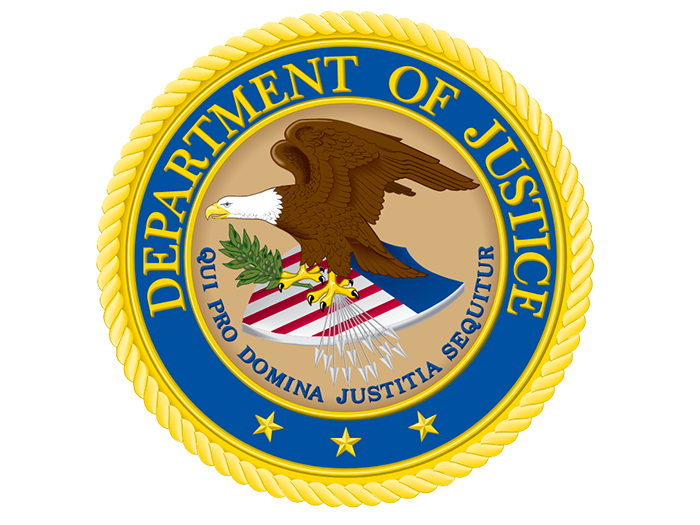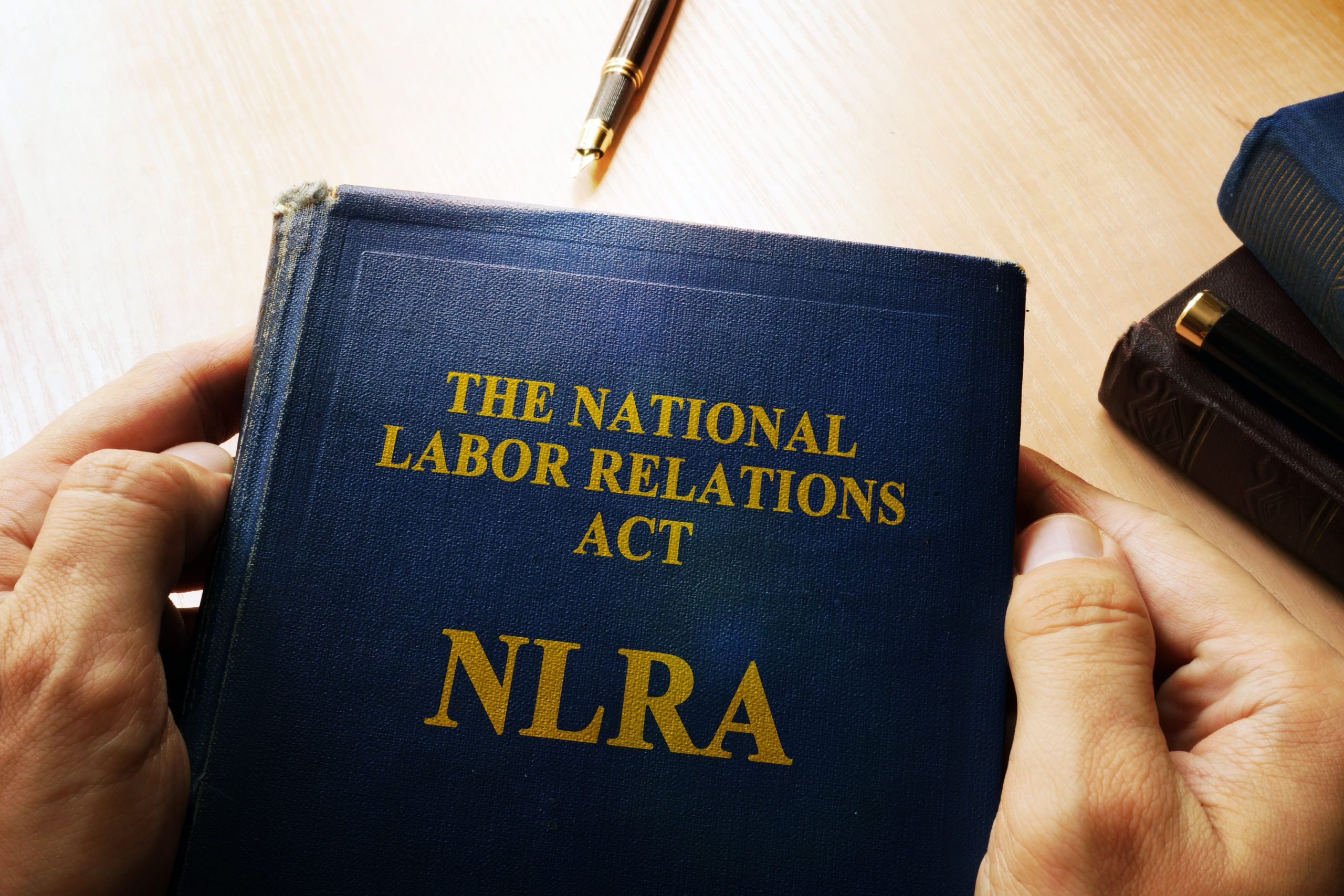Posts tagged Taft-Hartley Act
Two states, two visions for the future of labor “Right-to-work” is on the ballot.
October 3, 2022 // Two economic papers published in the last year also reached different conclusions about the consequences of right-to-work laws. The first found right-to-work laws associated with increased manufacturing employment, increased employment, and greater upward mobility. The second found that right-to-work laws lower wages and unionization rates.

Union and Port Employee Arrested in $1.2M Puerto Rico Extortion Scheme
August 18, 2022 // U.S. authorities in Puerto Rico arrested the president of the longshore union local, a port employee, and five others on charges of organized crime and extorting more than $1.2 million from shipping companies in the San Jun as well as cheating the union benefits fund. With a list of charges reading like the famed 1950s waterfront cases, the U.S. attorney said the FBI-led investigation showed the scheme had been operating since at least 2005. Puerto Rico Port Authority, Megan Underwood, Northeastern Regional Director of the Office of Labor-Management Standards, Ali Khawar, Acting Assistant Secretary of Labor, Employee Benefits Security Administration

Biden NLRB Counsel Rewrites Labor Law History
July 18, 2022 // Prior to the approval of the Taft-Hartley amendments, Big Labor bosses would often present to employers pro-union cards purportedly signed by a majority of their workers and demand to be granted monopoly-bargaining privileges over those employees based on those cards alone, without a vote. Recognizing that many employees signed so-called “union authorization” cards only after being “cajoled, coerced and intimidated,” and in some cases “beaten up,” by Big Labor agents, Congress sought to prevent monopoly-bargaining regimes from being installed when a majority of workers didn’t want one. Lauren McFerran, U.S. Supreme Court’s 1969 Gissel decision, Cemex Construction Materials Pacific, Hannaford Bros. Co., Flomatic Corp., and S.S. Logan Packing Co. , John P. Serpa and 1966 Aaron Brothers cases, Dominick Manoli, Linden Lumber,

PRO ACT WOULD CAUSE MORE SUPPLY CHAIN, WORKFORCE CHAOS
July 6, 2022 // The problem with the President’s position on the PRO Act is that it cuts completely against his mission to ensure supply chain resilience. Specifically, the PRO Act would allow for secondary activity including picketing, strikes, and boycotts directed at neutral third parties that are not involved in a labor dispute. For example, the Teamsters could picket and block shipments to a retail warehouse because they want to organize a trucking company. Allowing secondary activity aimed at a neutral retailer would cause significant economic impact throughout the supply chain where multiple businesses including retailers, suppliers and distributors work together to get goods to consumers. ILWU, PMA
Foxx, Burr, Allen, Braun Call NLRB to Account for Curbing Employers’ Freedom of Speech
June 27, 2022 // Today, House Education and Labor Committee Republican Leader Virginia Foxx (R-NC); Senate Health, Education, Labor and Pensions Committee Republican Leader Richard Burr (R-NC); Health, Employment, Labor, and Pensions Subcommittee Republican Leader Rick Allen (R-GA); and Employment and Workplace Safety Subcommittee Republican Leader Mike Braun (R-IN) sent a letter to National Labor Relations Board (NLRB or Board) General Counsel Jennifer Abruzzo regarding guidance that flies in the face of decades of precedent and threatens employers’ First Amendment rights.
The history of right to work, 75 years later
June 27, 2022 // “Right to Work is on the move,” Mix said despite Big Labor’s efforts. Five states passed Right to Work laws over the past decade and the Supreme Court issued a landmark ruling in a NRWLDF-won case in 2018, he notes. In Janus v. AFSCME, the U.S. Supreme Court held that forcing any public sector worker to pay union dues as a condition of employment violated their First Amendment rights. Mix and others are urging Congress to instead to pass the National Right to Work Act, which would eliminate forced union dues powers from federal law and provide Right to Work protections for employees nationwide.
N.C.’s Right to Work law turns 75, experts weigh in on workers’ rights
March 16, 2022 // The Right to Work law, approved in 1947, outlawed requiring union membership as a condition of hiring or of continued employment. It bans the idea of a “closed shop,” in which union membership is a necessary part of getting and keeping a job. The law also bans a “union shop.” In that scenario, an employer can hire nonunion workers, as long as those workers join the union within a certain period. The law also prohibits the mandatory collection of union dues by employers through payroll deductions.
